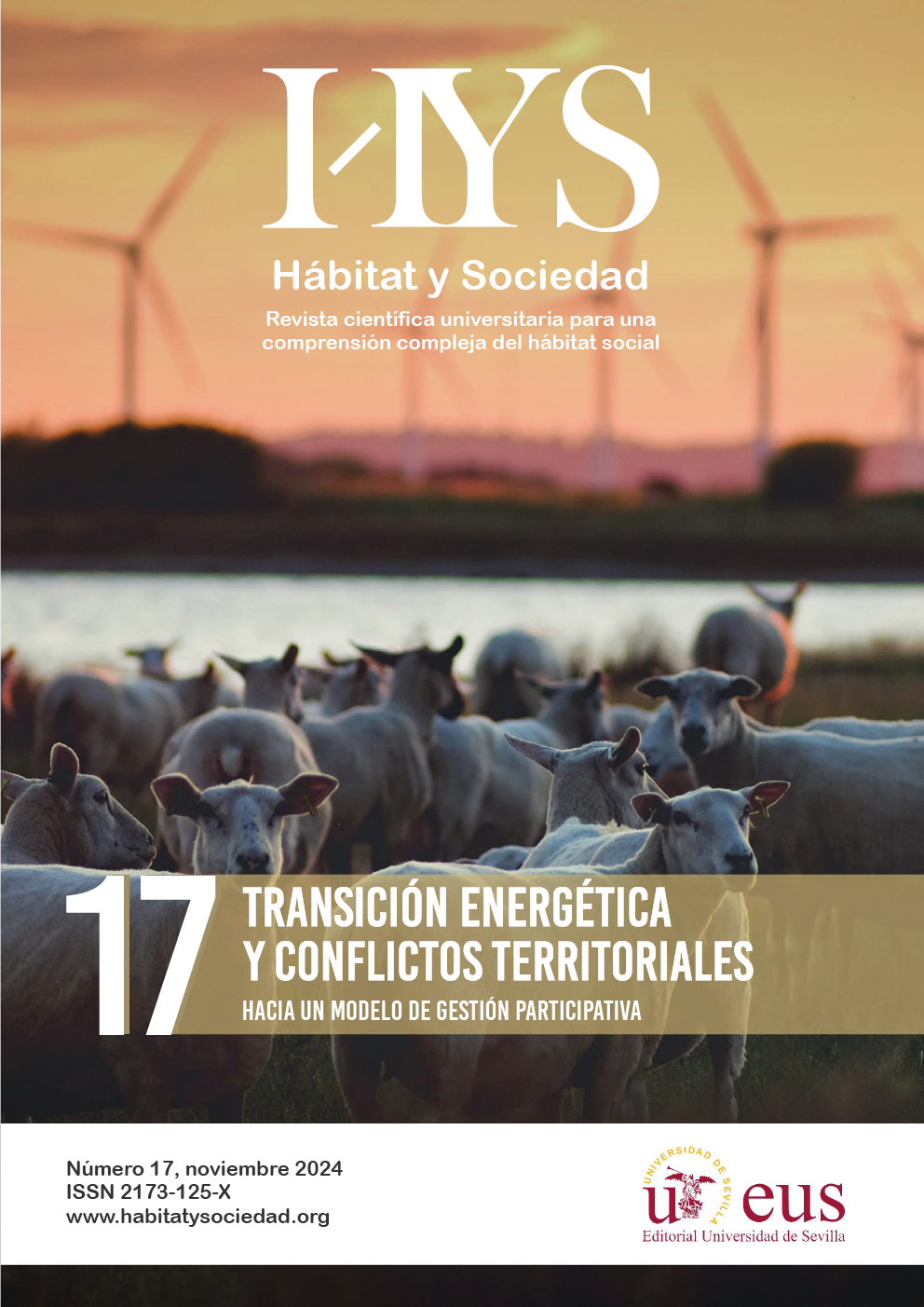No. 17 (2024): Energy transition and territorial conflicts: towards a participatory management model. Presentation of the issue

As a result of the depletion of cheap fossil fuels and the growing evidence of the climate crisis caused by the large-scale burning of these energy sources since the Industrial Revolution, the ‘energy transition’ is a joint undertaking involving both institutional political actors and the predominant political groups within the general population. However, despite being signatories to the broad consensus known as the ‘Green Pact’, institutional actors are failing to truly replace fossil fuels, preferring instead to advocate their continued intensive consumption, a consumption that continues to increase, with the complementary presence of wind and solar energy. As a result, what we are witnessing is not an energy transition, but rather an energy expansion. No one is questioning (let alone attempting to correct) our ‘imperial lifestyle’, which is based on extremely high levels of energy and material consumption. Moreover, the industrial axiom that higher energy consumption automatically leads to greater well-being remains intact.
This ‘energy transition’ has alarming social and territorial implications, such as the rise of mining activities and their justification, particularly in certain regions of the Global South (extractivism), and the consequent consolidation of the attitude that looks at former colonies (as well as other regions that are slowly being encroached upon as the boundaries of the mining lands themselves and the tailings pits they generate become ever more extensive) as areas to be sacrificed. In our text, we offer a critique of this so-called ‘transition’ strategy, touching on key points that form the framework of the case study on which this monograph focuses.












